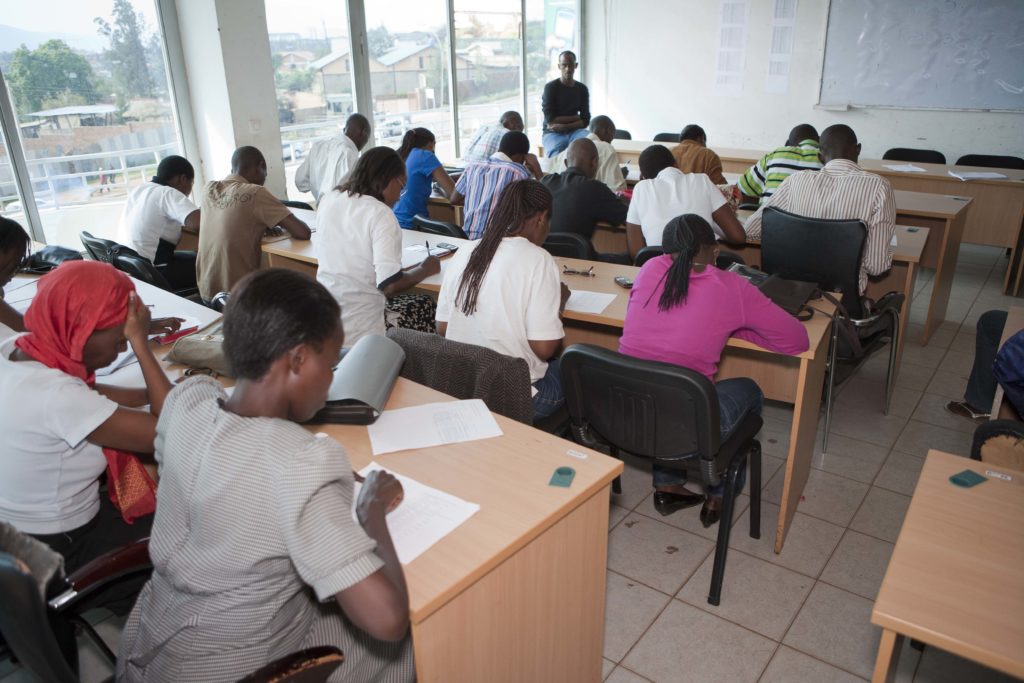
The Genocide Survivors Support and Assistance Fund (FARG) is a para-statal organisation that provides vulnerable genocide survivors with support in of education, health, shelter, social assistance and income generation. It was established initially through Law N° 02/98 of 22/01/1998 and reaffirmed through Law N° 69/2008 of 30/12/2008.
FARG has been a critical source of support for survivors in Rwanda since its establishment, however it has not been without its critics, in particular as a result of the mismanagement of funding for projects such as providing shelter, and educational scholarships, for survivors.
The FARG programme has, over ten years, provided essential support over a range of services. Increasingly, however, the Government of Rwanda will pass FARG funding through mainstream social protection programme. What will be critical over the coming years will be to ensure that genocide survivors can continue to benefit from the support that the Government of Rwanda remains committed to prioritise to them.
The FARG programme will continue to support the education costs of genocide survivors through secondary school and university. In 2008, FARG provided support to 53,000 children at secondary school and 3,080 university students. In the short term we expect these numbers to increase before gradually beginning to fall as genocide survivors move through the system.
The current emergency assistance cash grants – which currently reach around 30,000 people – will be integrated into the broader non-contributory social security programmes. Policy work will be undertaken to assess whether the Income Generation component of FARG can be integrated with the VUP Financial Services.
The Districts will, as now, propose candidates for assistance to FARG. However, they will indicate into which social protection programme they should be incorporated. The Districts will register the candidates on the respective programmes. FARG will transfer funds to the respective social protection programmes and monitor the incorporation of Genocide Survivors in the programmes, receiving regular reports from Ministry of Local Government (MINALOC).
The National Social Protection Strategy (NSPS) stated that it is expected that, once the social protection programmes are scaled up nationally, it should be possible to identify an increase in the number of genocide survivors receiving cash benefits from the government.
However, over time, as genocide survivors move through and out of the education system, FARG will gradually decrease in size.
What is critical for the work of Survivors Fund (SURF) is that we empower our partner organisations to monitor this transition, and ensure that vulnerable genocide survivors continue to be able to access and receive the funding and support due to them.
